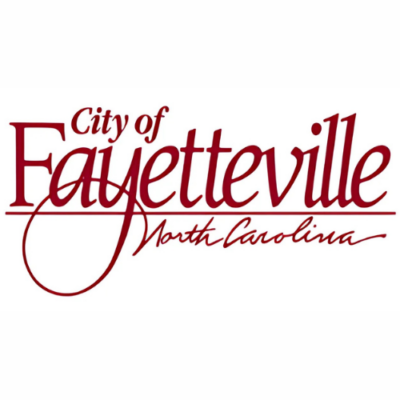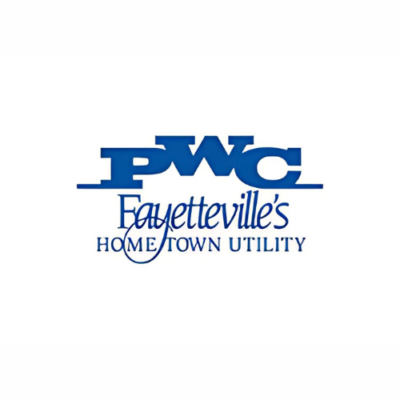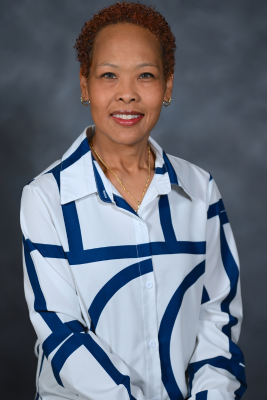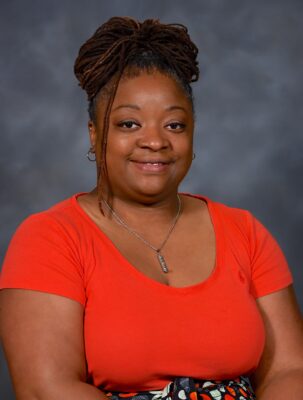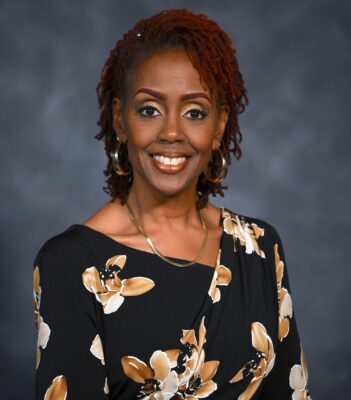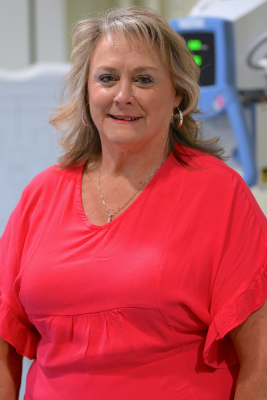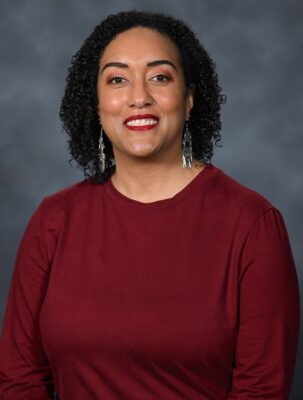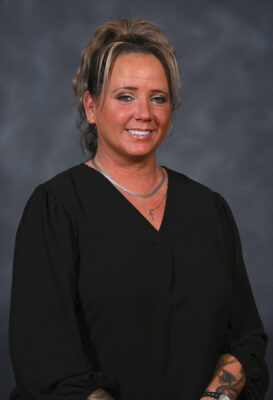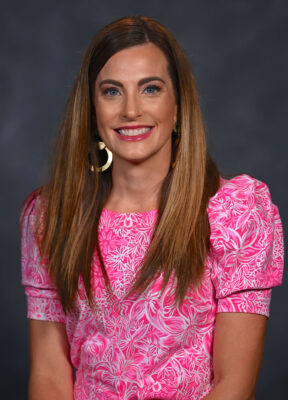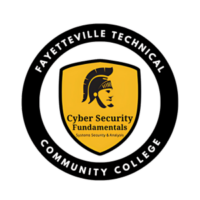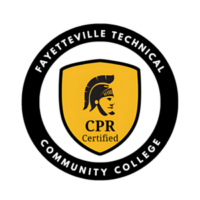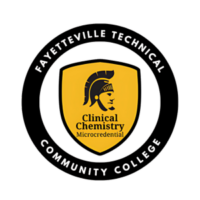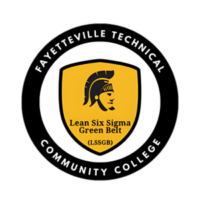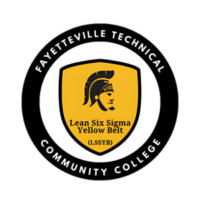
FAYETTEVILLE — Fayetteville Tech, in keeping with the NJCAA’s plan of action for the upcoming school year, has postponed all sports competition until the spring semester.
The NJCAA announced the plan for 2020-21 on July 13, pushing fall competition to the spring in response to the ongoing COVID-19 pandemic.
For FTCC, that means pushing volleyball matches and the start of the men’s and women’s basketball seasons to after winter break.
FTCC athletic director Mike Neal said the NJCAA’s decision addressed the overarching concern of keeping students, coaches and officials safe.
“The focus of the NJCAA is not how many games we play in or win; it’s how many can we play in safely.,” Neal said. “Because the NJCAA covers 40-plus states, and the issues would be different based on the effects of COVID in each region, I think this was the only decision they could make.”
While competition is postponed, the plan allows student-athletes to practice and hold up to five scrimmages during a 60-day period during the fall semester. No scrimmages can involve more than three teams.
Court volleyball, traditionally a fall sport, can begin practice Aug. 15, and the winter sports of men’s and women’s basketball begin practice Sept. 15.
Baseball, softball and men’s and women’s golf — all spring sports — can begin fall practice and scrimmages Sept. 5.
Volleyball’s spring season will begin with practice Jan. 11 and competitions Jan. 29. Basketball will resume practice Jan. 11 and begin competition Jan. 22.
“Our greatest focus is and always has been providing the best opportunities for our student-athletes,” said Dr. Christopher Parker, NJCAA President & CEO. “Through a unified effort from our Presidential Advisory Council, the Board of Regents, and leadership staff, our most recent plan of action provides a path that keeps our student-athletes competing at the highest level with proper safety measures in place.
“As we move forward as an association, we will continue to provide opportunities for our student-athletes, coaches, and all those involved with the NJCAA to be safe and successful.”





